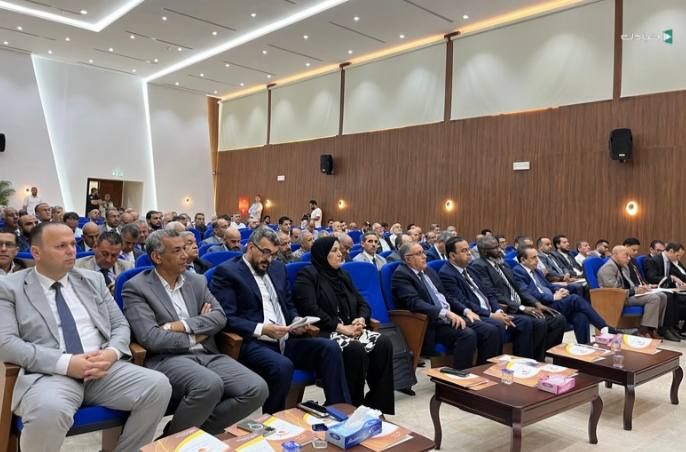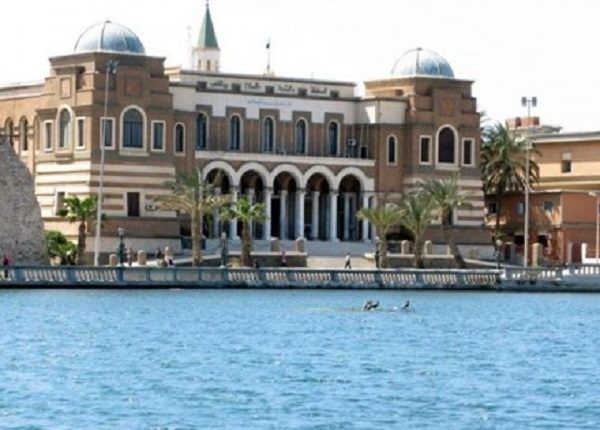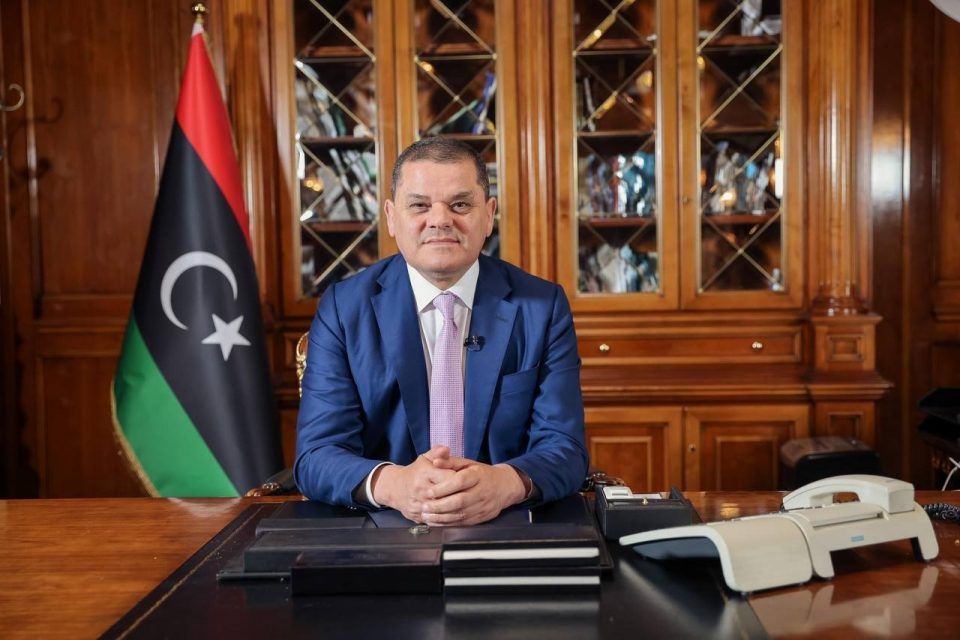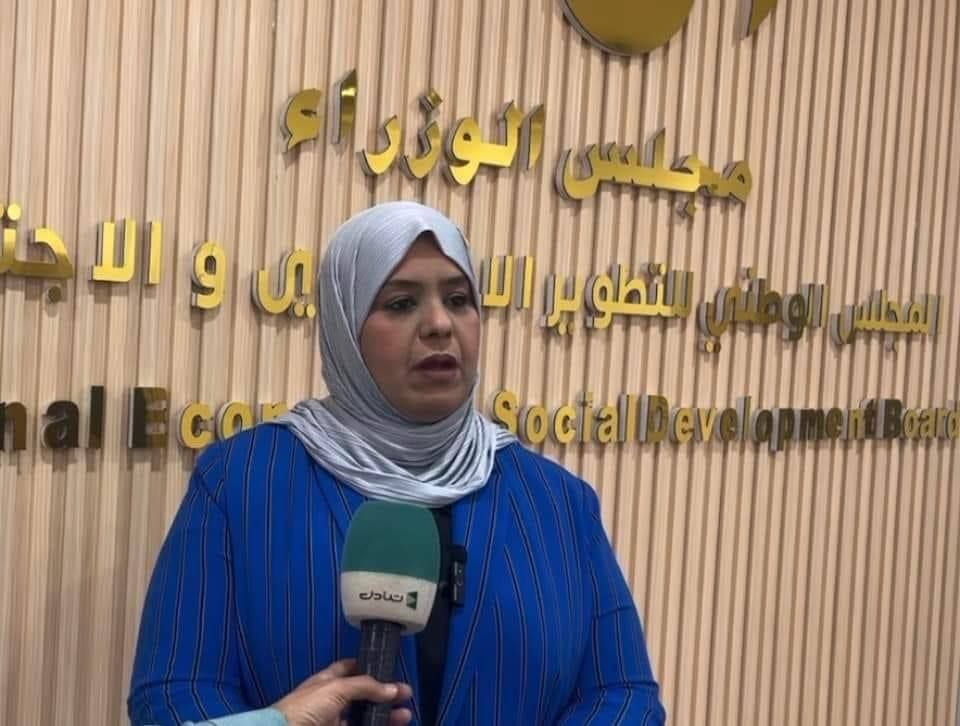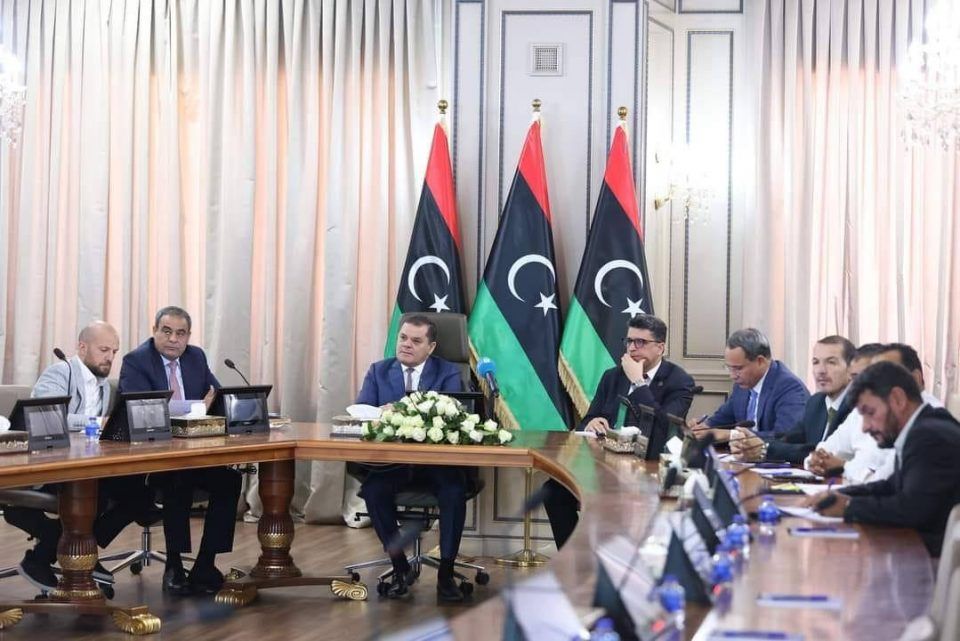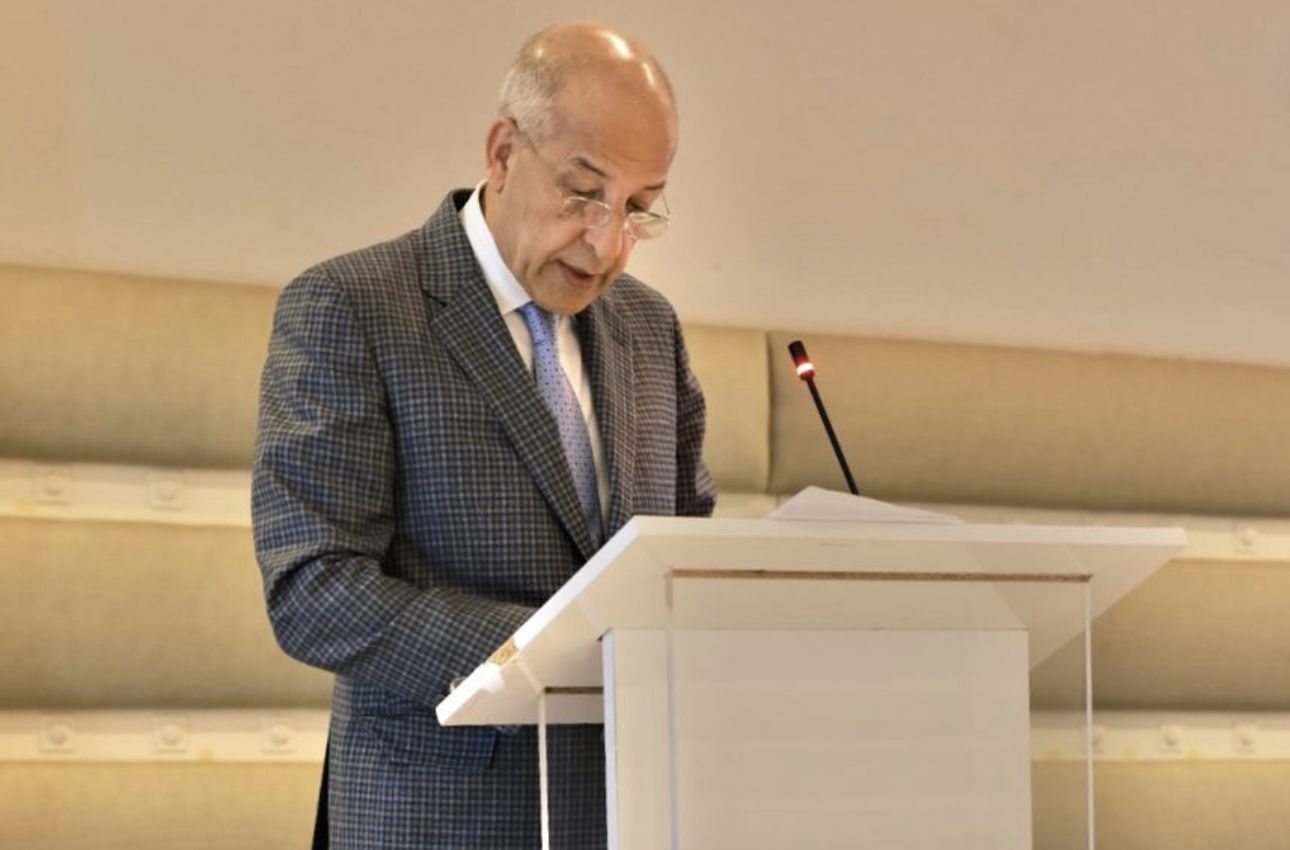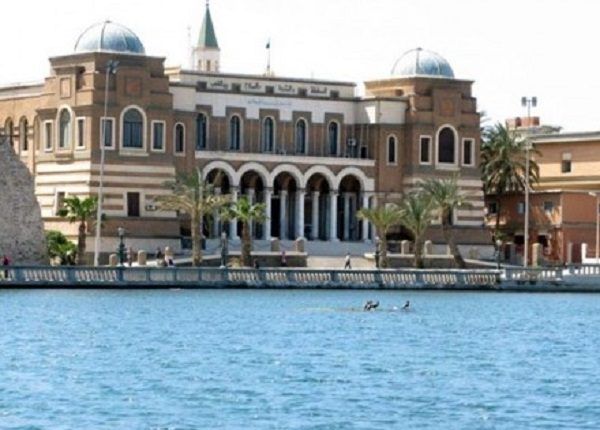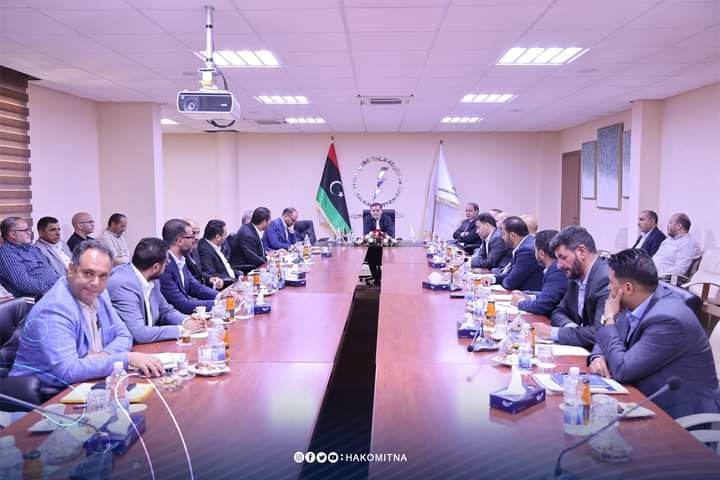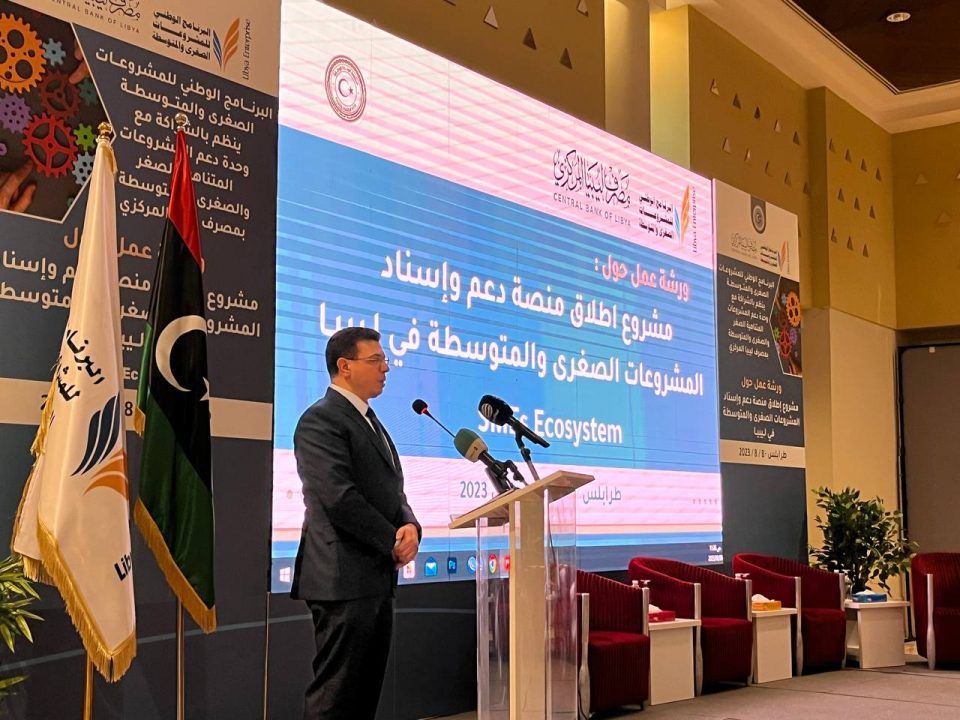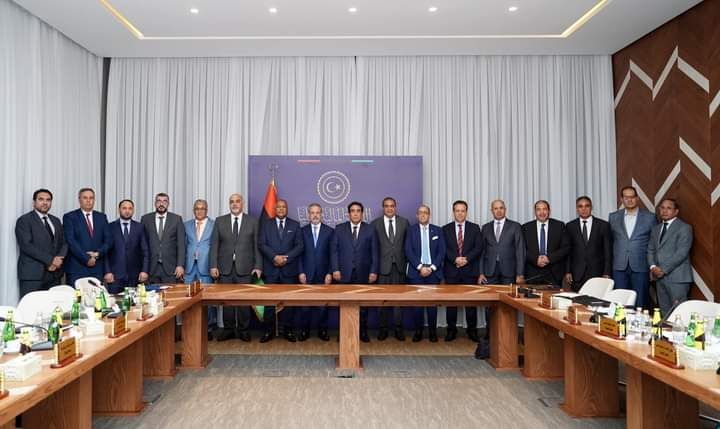The Research and Statistics Department of the Central Bank of Libya issued the report of “Foreign Trade Statistics of Libya for the first quarter of 2023.” It contained various data related to Libya’s foreign trade with the world, in addition to detailed appendices to Libyan foreign trade with all countries of the world (European Union countries, Arab countries, Asian countries, African countries, North and Central America countries).
Libyan total merchandise trade during the first quarter of 2023 amounted to $13.0 billion, compared to $14.5 billion during the same period in 2022, recording a decrease of 10.6%, due to the decrease in the value of total merchandise exports to $7.8 billion during the first quarter of 2023 compared to $9.8 billion during the same period in 2022, a decrease of about 20.2%.
Total merchandise imports increased during the first quarter of 2023, to record $5.1 billion, compared to about $4.7 billion during the same period in 2022.
The Libyan economy still relies heavily on a depleted natural resource, which is oil as a primary source of income, which in turn is affected by the conditions of the global oil markets, where oil exports constitute more than 94.0% of the total exports, which may expose the national economy to strong shocks as a result of the large and sudden changes in the international oil markets. .
The data related to the geographical distribution of Libyan exports, presented in the table below, showed the high relative importance of Libyan exports to the European Union countries, as they amounted during the first quarter of 2023 to about 74.0% of the total exports. Euro), to the characteristics of the economies of these countries as industrial countries that depend to a large extent on crude oil. Libyan exports to Asian countries came in second place, reaching during the period about 19.8% of the total Libyan exports, while exports to North, Central and South America recorded a noticeable decline. It reached 3.1% of total exports, while the share of the rest of the world reached about 3.2% of total exports.
Italy is the most important importer from Libya, as the proportions of what was exported to it alone reached 23% during the first quarter of 2023 of the total value of Libyan exports, as what was exported to it during the first quarter of the year 2023 amounted to about 1.8 billion dollars, compared to 2.4 billion dollars during the same period in 2022. The countries of Germany, Spain, China, Greece, and the Netherlands have come in terms of relative importance. As what was issued to them, respectively, amounted to 889.1 million dollars, 734.8 million dollars, 733.4 million dollars, 633.5 million dollars, and 551.5 million dollars.
Mineral fuel and related materials exports accounted for the largest share of total exports during the first quarter of 2023, constituting about 93.9% of total exports.
With regard to merchandise trade trends during the first quarter of 2023, the data did not show any change in the shares of trading partners, as exports to the European Union group accounted for about 74.0% of total Libyan exports, thus achieving the largest percentage among trading partners.
The high relative importance of Libyan exports to the countries of the European Union (the eurozone), due to the dependence of the eurozone countries on crude oil as industrialized countries.
Asian countries received about 20% of total exports during the first quarter of 2023.
Libyan exports to North, Central and South America recorded a decline during the first quarter of 2023, reaching 3.1% of total exports.
Italy is the most important importer from Libya, as the percentage of what was exported to it alone amounted to about 23% of the total value of Libyan exports during the first quarter of 2023.
In meeting the needs of all sectors and individuals for consumer and capital goods, such as machinery, equipment, raw materials, and intermediate goods needed for the production process, the local market still depends on foreign markets.
The countries of the European Union are considered the main source of imports for Libya, as their relative importance during the first quarter of 2023 reached about 39.2%.
Turkey, Greece, China and Italy top the list of the most important importing countries during the first quarter of 2023.
Turkey ranks first during the first quarter of 2023. As the most important country from which Libya imports, imports from Turkey alone represent about 13.8% of the total Libyan imports.
